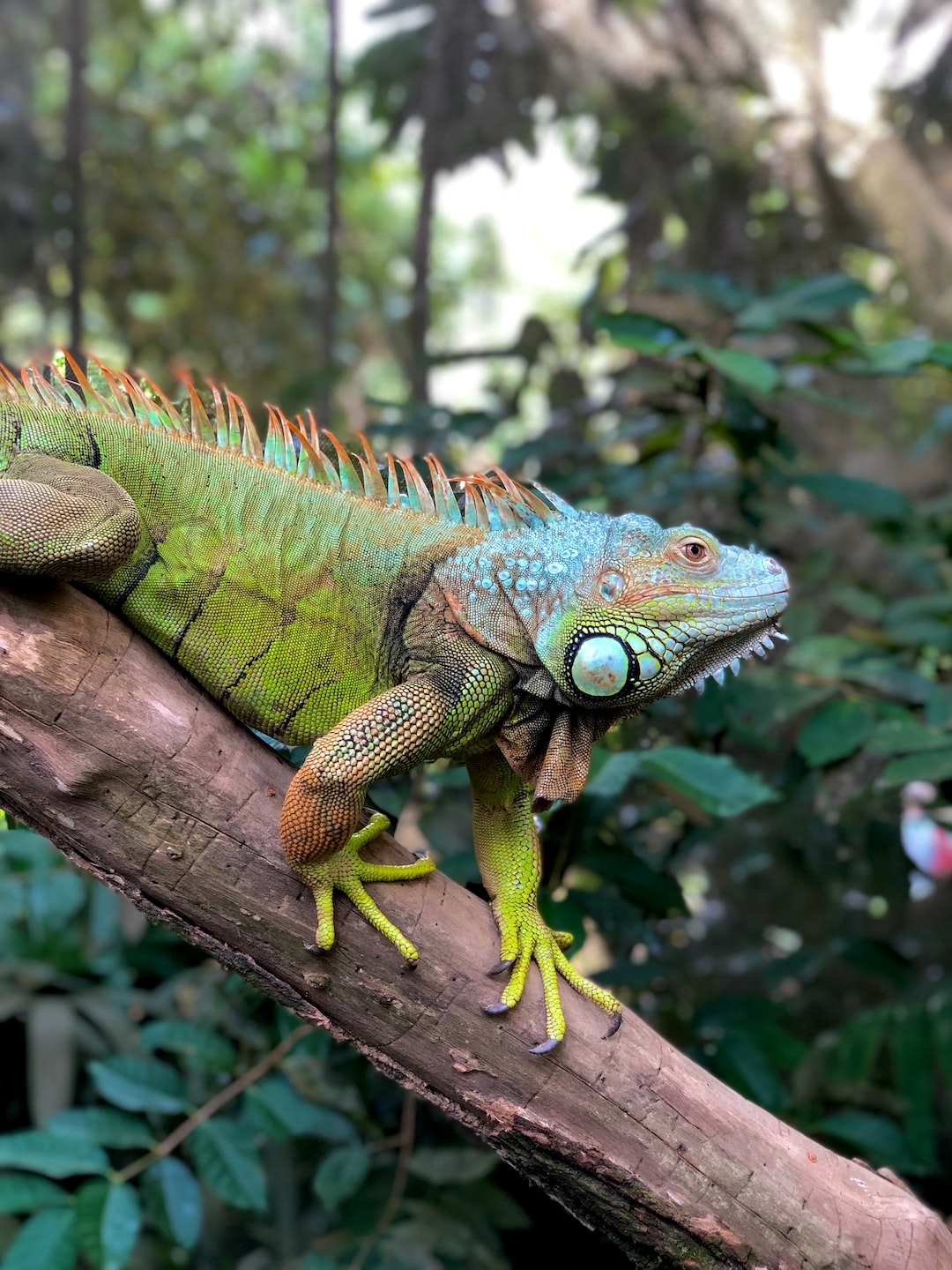The Role of Animals in Indigenous Cultures: A Sacred Bond
Throughout history, indigenous cultures have maintained a deep and interconnected relationship with animals. Unlike the rest of the world, these cultures have recognized the sacredness of animals, considering them not only as fellow creatures, but also as spiritual beings and guides. This profound bond between indigenous communities and animals reflects their unique understanding of the interconnectedness of all living beings. In this blog post, we will explore the role animals play in indigenous cultures and how this relationship continues to shape their way of life.
In indigenous cultures, animals are viewed as vital members of their communities. They are believed to possess spiritual wisdom and are often seen as messengers between humans and the divine. Indigenous people frequently interpret the behaviors and movements of animals to make decisions about their daily lives, ensuring harmony with the natural world. This deep understanding of animal behavior stems from centuries of observation and a profound respect for the interconnectedness of all beings.
Animals also play a significant role in indigenous ceremonies and rituals. They are considered sacred and are often believed to embody the spirits of ancestors. Indigenous communities pay homage to animals through elaborate ceremonies, dances, and songs, seeking their guidance and protection. These rituals serve not only as a means of spiritual connection but also as a way to express gratitude for the animals’ contributions to their survival.
The significance of animals in indigenous cultures can also be observed in their art, stories, and symbols. Indigenous artwork often depicts animals as symbols of strength, wisdom, and protection. These artistic representations serve as reminders of the spiritual bond between humans and animals and the respect they have for the natural world. Additionally, indigenous communities pass down stories through generations, where animals are central characters, each embodying a particular lesson or moral. These stories not only teach valuable life lessons but also reinforce the importance of animals in indigenous cultures.
In many indigenous societies, animals fulfill essential practical roles as well. Indigenous communities rely on animals for food, clothing, and shelter. These communities have developed sustainable hunting and fishing practices, ensuring that they only take what is necessary for their survival. They deeply understand the delicate balance of ecosystems and the importance of preserving the natural environment for future generations.
Beyond their practical uses, animals bring joy and companionship to indigenous communities. They are often considered family members, loved and cared for just like any human member. This deep emotional bond between humans and animals further illustrates the sacredness of animals in indigenous cultures.
However, the sacred bond between indigenous communities and animals is facing numerous threats in the modern world. Increasing industrialization, deforestation, and pollution have resulted in the destruction of animal habitats, threatening not only their survival but also the well-being of indigenous communities. This loss of animals and their habitats disrupts the delicate balance and harmony that indigenous cultures have maintained for centuries.
Efforts are being made to preserve and protect the sacred bond between indigenous communities and animals. Indigenous-led conservation initiatives have emerged, utilizing traditional ecological knowledge to create sustainable management practices. These initiatives focus on restoring habitats, preventing poaching, and promoting community education and awareness about the importance of animals. Advocacy groups are also working to raise awareness about the unique relationship indigenous communities have with animals and the need for their protection.
The role of animals in indigenous cultures is a testament to the profound wisdom and respect indigenous communities have for the natural world. Their understanding of the interconnectedness of all beings serves as a valuable lesson for the world at large. It is crucial that we recognize and protect this sacred bond, not only for the preservation of biodiversity but also for the well-being of indigenous communities and the future generations who will inherit our planet.

